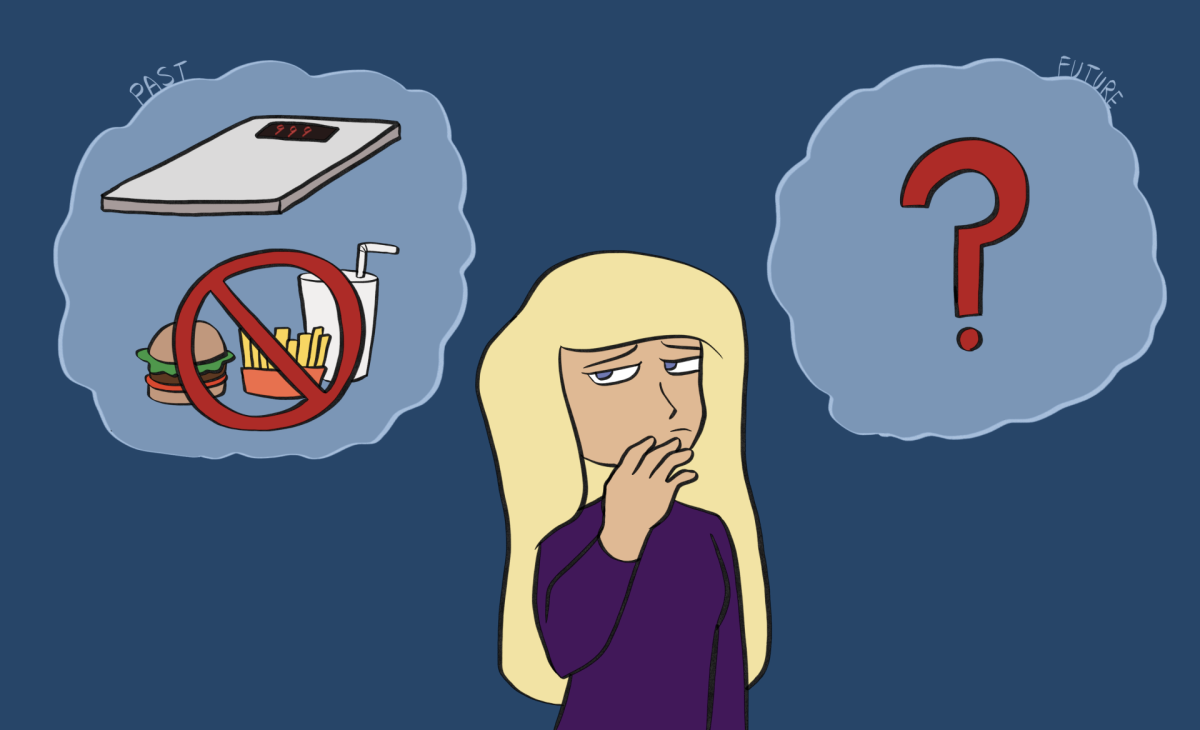We’ve all experienced that familiar annoyance at department stores of aisles upon aisles of obnoxious sales associates spraying perfume at you, trying to get you to buy the latest Chanel number something. Look out, because Barnes and Noble has adopted that aggressive salesmanship tactic with their new line of electronic readers, or e-readers.
“The latest Nook [The Nook Tablet] has brand new features; it can download apps, play movies, users can play video games,” said a Barnes and Noble employee making her pitch. “It can do all these things in addition to reading.”
I noticed how she put reading as the last function for this amazing new device, and as she continued with her pitch I began to wonder if e-readers were are capable of destroying books, and if bookstores would soon be extinct.
Most can agree that e-readers are intriguing and practical with their capabilities. “You can carry a gazillion books, and get a book immediately,” said DePaul English professor Michele Morano. “I bought an iPad, because I was reading War and Peace, and it was so bulky to take it around with me.”
DePaul Communications professor Paul Booth noted other advantages to having an e-reader: for instance, the Nook allows users to wear gloves and read out in the cold, something traditional tablets don’t allow for. They can also glow to make reading in the dark much easier. The practical advantages of e-readers simply can’t be ignored. But there are some setbacks that ought to be noticed.
Booth expressed his distaste for some of the buying features that a Nook user would have to conform to; you can’t buy any book off of Amazon with a Nook, and users pay more for a hardcover book, even though both formats look exactly the same on an e-reader screen. Given the obvious pros and cons of this paperless reading phenomena, Booth is fairly confident traditional print books are here to stay.
“There’s no reason for e-readers to take over books. They can both work independent of each other,” argued Booth. “It’s like television and movies, both are still able to work even though the other exists.”
Both Morano and Booth argued that the emotional and tangible connection we have to books will keep them forever in our culture.
As a faithful lover of books, there is an inevitable joy that comes along with a trip to the bookstore or a flip through a page. It’s like a treasure hunt. The Nook takes away that joy, since you can just download a book instantly. Bookstores are now being forced to become more than just bookstores in order to stay afloat. Every Barnes and Noble has a Starbucks in it, and most second hand bookstores follow suit by having a coffee shop or something else that customers will want.
While the Nook may be well equipped with all the bells and whistles, it lacks an intimate value only books provide. And while even though the Nook and other e-readers are being forced down consumer throats, books will not be defeated, not yet. The Nook has its advantages, but I still want my books and bookstores. No matter how many apps it can download, it can’t recreate the reading experience I was raised with.







